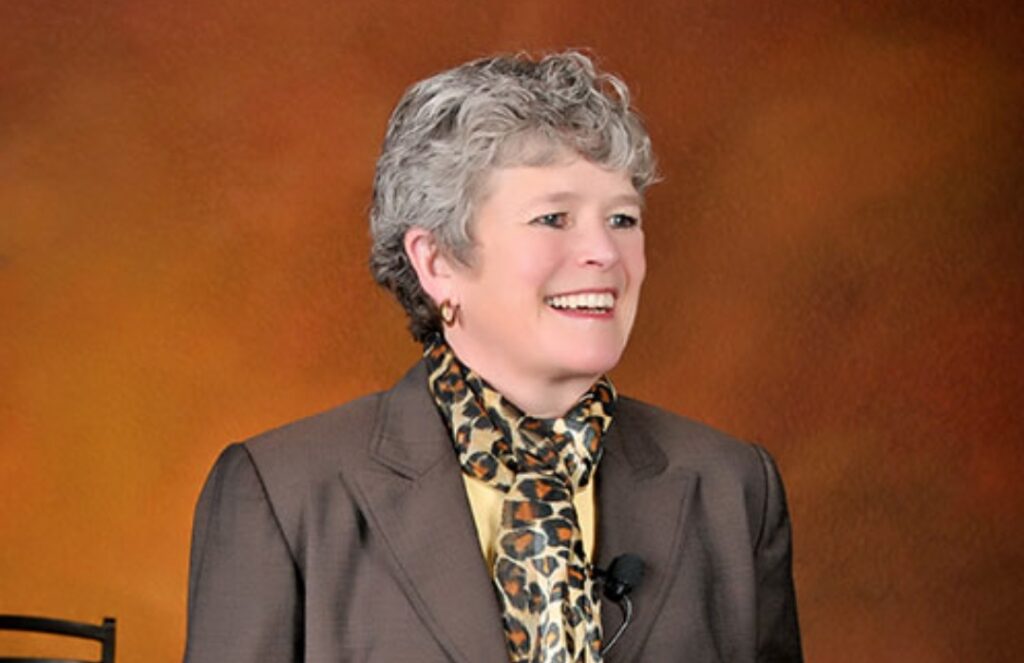By VALERIE VAN BROCKLIN
In 1994, Alaskans passed an amendment to our state constitution that guaranteed crime victims the right to “a timely disposition” of the criminal case. Recent news reporting revealed the Anchorage court system has ignored that right for years.
Two Anchorage Daily News articles in January documented extensive felony case delays—enabled by judges “rubber stamping” continuances. Judges were granting 50-70 continuances and enabling 7 to 10 years of delay. Victims were dying before cases went to trial. The reported toll on victims and their families was and continues to be heartbreaking.

This travesty long pre-dated January’s revelations. A 2018 Annual Report to the legislature by the Office of Victims’ Rights (OVR) said delays were the “most prevalent frustration and complaint by crime victims” but they had “become the way of doing business.”
OVR’s Director attended 181 pretrial conferences in Anchorage. Of those, 161 were continued: 140 without any reason given and judges didn’t ask; in only one case did the prosecution mention the victim’s position; no judge inquired about the victims’ position in any other case.
Days after the news articles, I documented in a commentary that this problem existed as far back as 2008. That year the court system issued a “call to arms” about the nearly quadrupling of felony case delays in the preceding years.
In response, judges and court personnel attended training. In early 2009 a consultant from the National Council on State Courts (NCSC) provided a lengthy report on causes and solutions. The then Presiding Judge issued an order intended as a remedy, but it required no accountability from judges. The problem worsened.
Given the failure of those efforts, I recommended two things that would get judges’ attention: their budget and retention elections.
First, make the court system report the cost of all those continuances when it came before the legislature asking for more money. Second, when the Alaska Judicial Council evaluated judges and recommended to voters whether to retain them (or not), have it include judges’ records of continuances, and whether they considered victims’ rights. The Council publicizes surveys of court personnel, lawyers, and law enforcement about individual judges. Victims deserve no less consideration.
After my commentary, the current Presiding Judge responded with his own. His Honor minimized the problem, suggesting it began in 2019 and ignoring the 2008 history. He shifted blame to police, prosecutor, and public defender staff shortages, while ignoring that the courts’ rubber stamping of continuances enabled inadequate staff funding to go unchecked.
His Honor contended the court was working on solutions (another court order), but they “can’t do it alone.” Actually, they can. The judiciary is a co-equal, independent branch. It’s their duty to protect citizens’ constitutional rights against legislative and executive lapses. Alaska courts have done that repeatedly. Overcrowded jails are just one example.
The Presiding Judge’s commentary didn’t even mention victims’ rights to a speedy trial. This disregard was compounded by the Alaska Supreme Court’s Chief Justice in her Feb. 12 State of the Judiciary Address to the Alaska Legislature. Discussing the delays, Her Honor also failed to acknowledge victims’ speedy trial rights. Instead, she emphasized recent training on reducing delays. Her Honor didn’t mention this training was provided by the same organization that trained judges in 2008, without success.
Her Honor also contended the courts “could only do so much,” noting understaffed prosecutor and public defender offices. Just two days later she would author a state supreme court opinion holding public defender shortages could not be allowed to infringe on a defendant’s constitutional rights. Why should it be allowed to infringe on victims’ constitutional rights? The opinion emphasized the key role of judges in safeguarding constitutional rights from lapses by the legislative and executive branches.
The Chief Justice told the Legislature that new court orders had been issued to address continuances and delays. Like the Presiding Judge, Her Honor didn’t explain how the repeated training and orders that had failed in the past would succeed this time.
We now know from the recent reporting that Anchorage trial judges have long ignored crime victims’ constitutional right to a timely disposition. The Presiding Judge and Chief Justice doing the same provides insight into the root of the problem. Sadly, it gives little reason to think repeated ineffective gestures will remedy the “most prevalent frustration and complaint by crime victims.” Worse still is how victims must feel at being ignored not just by trial judges but by two of Anchorage’s leading jurists.
Which brings us back to what will get judges’ attention: their budget and retention elections. After the Presiding Judge’s and Chief Justice’s public statements, it’s clearer than ever that such actions are necessary. The public and crime victims can afford no more “rubber stamping” business as usual, enabled by a lack of accountability and the silence of judicial leaders.
Val Van Brocklin was a senior trial attorney with the Anchorage District Attorney’s Office before she was asked to join the state’s Office of Special Prosecution and Appeals, where she had statewide responsibility for cases so complex they required specialized investigative and prosecution efforts. She was then recruited by the U.S. Attorney’s Office to prosecute complex white collar crime, for which she received the FBI’s commendation. Now she is an author, international speaker, and trainer whose work has been featured on ABC and Discovery. More about Val at this link.
